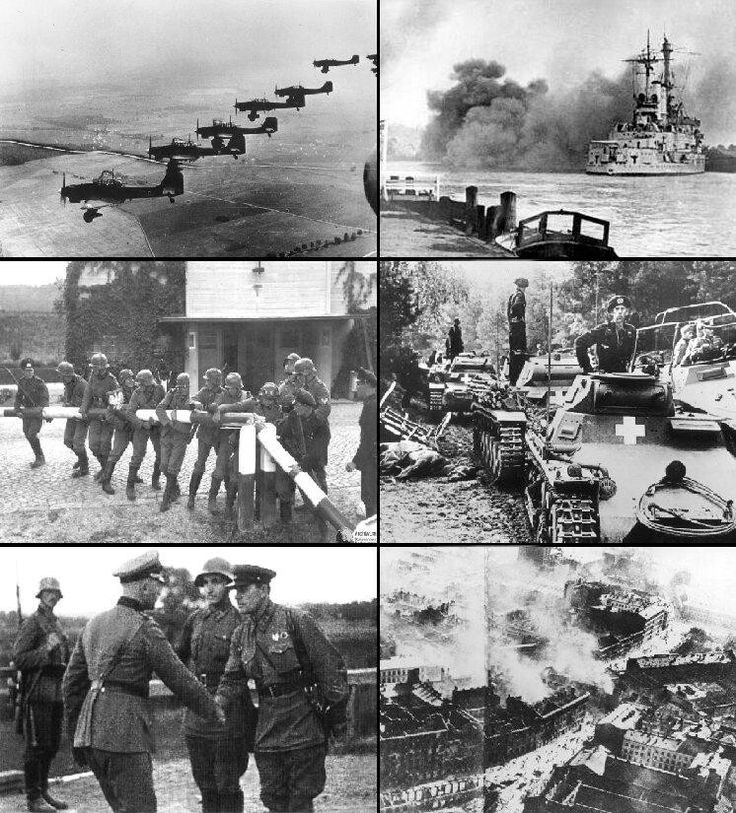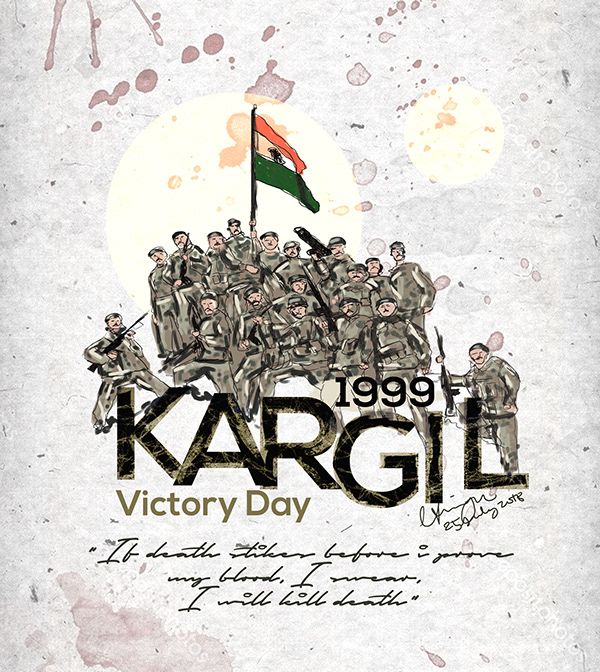Is there any proper theory behind war? I wouldn’t say so. Most of the time, it’s
just rage , the urge to fight and to win. If we look back at history, many wars
didn’t even have a valid reason. Maybe they gave a reason, but was it really
worth all the destruction?
Even when you have a quarrel with your neighbour, there could be a reason —
they encroached on your property, cut your trees, or something else. But when
two countries go to war, what reason justifies the massive loss of life and
resources?

Take World War I and World War II, for example.
World War I: The immediate cause was the assassination of Archduke Franz
Ferdinand of Austria-Hungary in 1914. However, underlying causes included
militarism, alliances, imperialism, and nationalism among European powers.
World War II: The immediate cause was Germany’s invasion of Poland in 1939.
Deeper causes included the harsh terms of the Treaty of Versailles, economic
instability from the Great Depression, and the rise of fascist regimes in
Germany, Italy, and Japan.
Now, consider the last India-Pakistan war. India extended an olive branch and
thigs were at peace. Former Prime Minister Vajpayee visited Lahore by bus, and
former Pakistani President Pervez Musharraf visited his birthplace in Delhi as
well. But later, Pakistan encroached upon Kargil, leading to a war between the
two countries.

This conflict occurred between May and July 1999 in the Kargil district of
Kashmir. Pakistani soldiers and militants infiltrated Indian territory, capturing
strategic positions. The Indian Army launched operations to reclaim these areas,
eventually succeeding. The war resulted in significant casualties on both sides
and heightened tensions between the nations.
War is not just a fight; it has its own stakeholders. Like in business, there are
vested interests. The real benefits of a war often go to those behind the scenes.
Historically, when kings fought, it was to conquer territories or for personal
gains.
In 1497, King Manuel I of Portugal sent Vasco da Gama to find a sea route to
India, aiming to access the lucrative spice trade. Da Gama’s arrival in Calicut in
1498 marked the beginning of European colonial interests in India.
Likewise, the British came to India primarily for trade but eventually took
control of vast territories. Their rule led to significant economic exploitation,
often referred to as the “drain of wealth,” where resources and wealth were
transferred from India to Britain.

Even during ancient dynasties, wars had profound impacts. The war, Kalinga
was one of the scariest. Fought around 261 BCE between Emperor Ashoka of
the Mauryan Empire and the state of Kalinga (present-day Odisha), this war was
one of the deadliest in Indian history. The massive bloodshed and suffering led
Ashoka to embrace Buddhism and adopt non-violence, marking a significant
shift in his reign.
When discussing the stakeholders of war, we must consider who benefits. The
weapon industry is one of the largest globally. Without conflicts, the demand for
weapons diminishes.

Let’s take a closer look at how much these nations allocate from their GDP
towards defence spending:
India spends approximately 1.91% of its GDP on defence (as of 2024-25), with
continued emphasis on self-reliance through the ‘Aatmanirbhar Bharat’
initiative.
Pakistan allocates around 3.7% of its GDP, which is one of the highest in the
region, despite its struggling economy.
China spends about 1.7% of GDP on its defence budget, though in absolute
terms, it ranks second globally due to its massive economy.
United States allocates roughly 3.4% of its GDP, maintaining the largest defence
budget in the world.
Israel witnessed a sharp surge in 2024, with a 65% increase in defense spending
due to ongoing regional conflicts.
Leaders and generals advocating for wars are often not on the front lines. Their
focus is on the economic gains from the defence industry. Corruption in defence
deals is not uncommon.
Bofors Scandal in 1980s is one of the best examples. In the 1980s, allegations surfaced that Swedish arms manufacturer Bofors paid kickbacks to Indian polititians and defence officials to secure a contract. This scandal significantly impacted the Indian political landscape and contributed to the fall of Rajiv Gandhi’s government. Between 2000 and 2023, over 1,800 corruption cases were reported in the
Indian Armed Forces, highlighting systemic issues in defence procurement and
operations.

In modern economies, war can be seen as a necessity for those in power. It
sustains a parallel economy. For instance, the U.S. invasion of Iraq was
officially about eliminating weapons of mass destruction.
While the stated reason was to dismantle Iraq’s alleged weapons of mass
destruction, many analysts believe controlling Iraq’s vast oil reserves was a
significant motive. Post-invasion, U.S. companies secured major oil contracts,
and the country’s oil infrastructure underwent significant changes.
Currently, there’s open conflict on our borders. Our economy is weak, and
Pakistan’s situation is even more dire. Both countries face severe environmental
challenges, extreme heatwaves, frequent floods, and failing crops. Yet, war
remains a visible narrative, or perhaps someone wants us to see it that way.
There’s a proverb to recall: “To mask something that happens in the house, we can set fire to the fields.”
